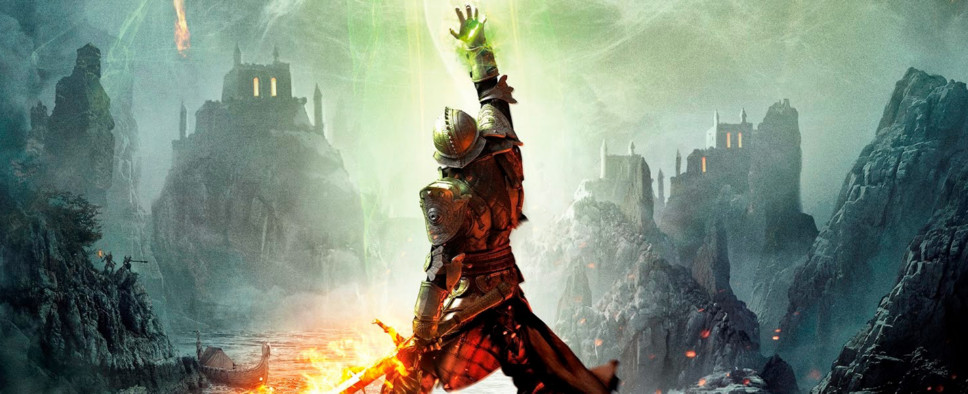Dragon Age: Inquisition Interviews
-
Category: News ArchiveHits: 1682

We have rounded up a couple of recent Dragon Age: Inquisition-themed interviews, though if you're pressed for time and can only check one of the two, I'd recommend checking this RPGSite chat with creative director Mike Laidlaw. Here's a snippet from it on the Dragon Age II reception and developing on Frostbite:
RPG Site: Dragon Age II had a mixed response. To my eye, it felt like it critically did a lot better than it fared with the fans - many critics with no particularly strong feelings about the first game found it a solid title, but fans of the original game were disappointed. How do you approach a sequel with a fanbase that, in theory, is split? What do you change?
Mike Laidlaw: Well... the wild card for the whole thing is really the move to Frostbite, right? So, we're on a whole new engine, we're changing tech. When that happens, you basically have to rebuild all of your systems from the ground up. Frostbite is an amazing engine for visuals, but it is definitely not an RPG engine out of the box by any means.
As such, we had an enormous engineering challenge in front of us. It was a challenge, but it was also a very good opportunity to sit back and look at everything. To say, "Okay, what do we consider to be the defining characteristics of the Dragon Age experience?" Obviously, feedback for Dragon Age II was incorporated into that. But that aside, I think that's more about understanding what makes Dragon Age unique, what makes it stand out, rather than what did or didn't work in the previous game.
For me personally, if I had to boil it down to a single concept, it's the party. It's not just you; you're not a solo adventurer - you are part of a team. Teamwork in gameplay is a part of that. The fact that we have a bunch of rich characters is a part of that. The fact that the follows are probably the most beloved part of Dragon Age is a part of that. It all really comes back to the party.
As such, when we sat down to look at it... we then need to examine how we make our unique features stand out even more. That realization led to some really key decisions. It's through that core understanding that we decided that, yes, although it's challenging, we were going to do a tactical camera, being able to control the whole party, the party hopefully players love, with a full overview at any time for the whole game. That really started the whole discussion because all of our ability designs needed to work both tactically and in real time.
I've seen people look at things like the rolling - the dodge, where the rogue rolls to the side. People would say, "That'll never work in tactical." Sure it can! You draw a line AOE to the right and press A to confirm... and when you unpause, he rolls that way! But you have to think it all through. You have to hold yourself to that.
Of course, beyond that, that meant a commitment to characters. We wanted to enrich interaction with characters, we wanted them to be interesting... all of those kind of discussions really drove it all home.
The other really huge opportunity is simply that Frostbite can do things Eclipse never could. The two biggies were big spaces - it's an engine built for jet fighters having dogfights over tanks! We can do a big, big level in Frostbite.
The second was the whole "levolution" concept, the idea of a level changing over time. In Battlefield DICE uses that for destruction, but I was like... what if we put a spin on that and make it construction? What if you and your party could have an influence that spread over these big levels, and you could see them change and evolve over time because of your influence and your decisions, the actions of the Inquisition.
It's that that those ideas started to percolate. It's like - okay, we've got big spaces, let's do not an open world, but a multi-region approach to the world. Let's let you go from desert, to swamp, to mountains... let's allow you to have an impact on the world.
It doesn't have to always be blowing up mountains, but sometimes let's have you establish a safe base camp, those kinds of things. Eclipse could never have done those things.
And then, of course, let's keep the party central, and make sure that the combat plays to that.
If you're equally interested in the expanded universe BioWare has developed, you might also want to NerdAppropriate podcast interview with writer Patrick Weekes, who previously worked on the Mass Effect series, and has also penned a Dragon Age novel, The Masked Empire, which will apparently lead into the Inquisition main plot.

